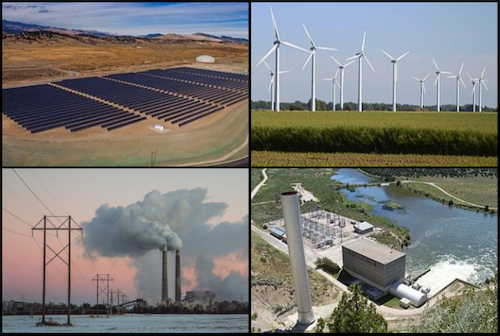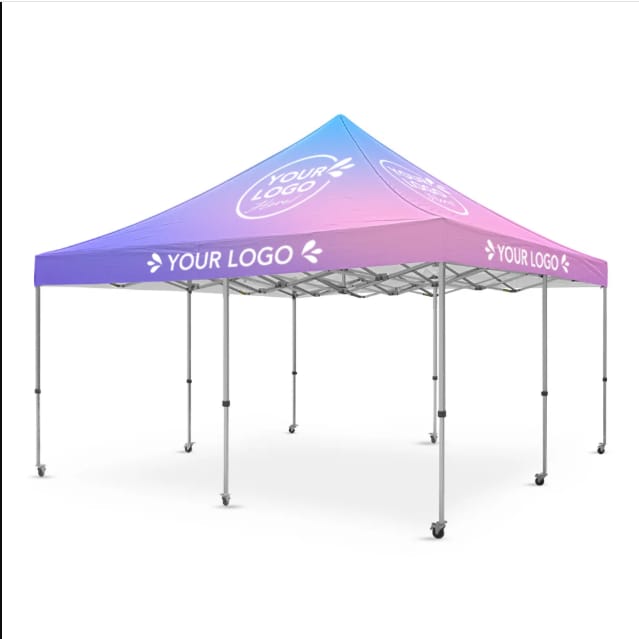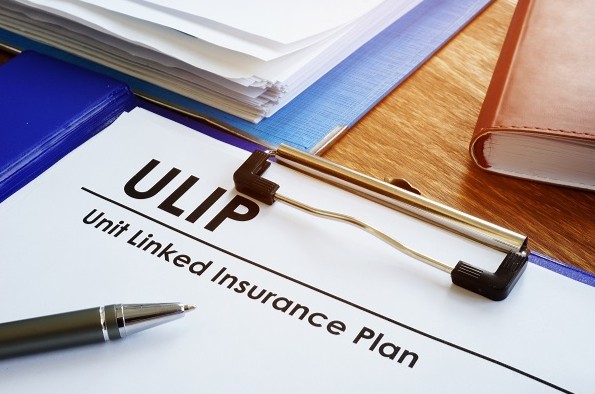
In today’s fast-paced business environment, energy supply is the backbone of operational efficiency and productivity. As businesses increasingly rely on advanced technology and continuous operations, the need for a robust, reliable, and sustainable energy supply has never been more critical. This article explores the various aspects of energy supplies for businesses, offering insights into strategies for securing and managing energy resources effectively.
Understanding Your Energy Needs
The first step in ensuring a reliable energy supply is understanding your business’s specific energy requirements. This involves:
- Assessing Energy Consumption: Conduct an energy audit to determine the amount and types of energy your business consumes. This audit should cover all areas of operations, from lighting and heating to machinery and IT infrastructure.
- Identifying Peak Demand Periods: Recognize when your business experiences the highest energy demand. This helps in planning for capacity and potential fluctuations.
- Evaluating Energy Sources: Consider the sources of your current energy supply. Are you dependent on a single source, or do you have a diversified energy mix?
Diversifying Energy Sources
Relying on a single energy source can be risky. Diversification not only enhances reliability but can also offer cost benefits. Here are some options to consider:
- Renewable Energy: Incorporating renewable energy sources such as solar, wind, and hydro can reduce dependence on traditional energy supplies. Investing in on-site renewable energy generation, like solar panels, can offer long-term savings and sustainability benefits. Custom Solar and Leisure can provide expert solar panels for your business.
- Backup Generators: Having backup generators can ensure continuity during power outages. Choose generators based on the critical needs of your business operations.
- Grid and Off-Grid Solutions: While being connected to the main power grid is essential, exploring off-grid solutions can provide additional security. Battery storage systems, for example, can store excess energy generated during low-demand periods for use during peak times.
Implementing Energy Efficiency Measures
Improving energy efficiency is a cost-effective way to manage energy supply and reduce overall consumption. Consider the following measures:
- Energy-Efficient Equipment: Invest in energy-efficient machinery and appliances. Look for certifications like ENERGY STAR that indicate superior energy performance.
- Smart Systems: Utilize smart energy management systems to monitor and control energy use in real time. These systems can optimize heating, cooling, and lighting based on occupancy and usage patterns.
- Regular Maintenance: Ensure all equipment is regularly maintained to operate at peak efficiency. Poorly maintained equipment can consume more energy and be prone to breakdowns.
Sustainability and Regulatory Compliance
Increasingly, businesses are under pressure to adopt sustainable practices and comply with environmental regulations. Sustainable energy practices not only enhance your company’s reputation but can also lead to financial incentives and regulatory compliance. Consider:
- Sustainability Goals: Set and pursue clear sustainability goals, such as reducing your carbon footprint or achieving zero waste. Track progress and adjust strategies as needed.
- Compliance: Stay informed about local, state, and federal regulations regarding energy use and environmental impact. Ensure your energy practices meet or exceed these regulations.
- Green Certifications: Pursue certifications such as LEED (Leadership in Energy and Environmental Design) or ISO 50001 (Energy Management Systems) to demonstrate your commitment to sustainable energy practices.
Preparing for Emergencies
Lastly, have a comprehensive energy emergency plan in place. This plan should outline:
- Emergency Power Solutions: Ensure you have access to emergency power sources, such as generators and battery storage.
- Crisis Management: Develop a crisis management plan that includes steps to take in the event of a prolonged power outage or energy supply disruption.
- Communication Plans: Establish clear communication channels to keep employees informed during an energy crisis. This includes emergency contact lists and protocols for remote work if necessary.
Conclusion
Securing a reliable energy supply for your business involves a multifaceted approach that includes assessing your energy needs, diversifying sources, implementing efficiency measures, committing to sustainability, and preparing for emergencies. By taking these proactive steps, your business can ensure uninterrupted operations, reduce costs, and contribute to a more sustainable future.
Write and Win: Participate in Creative writing Contest & International Essay Contest and win fabulous prizes.


